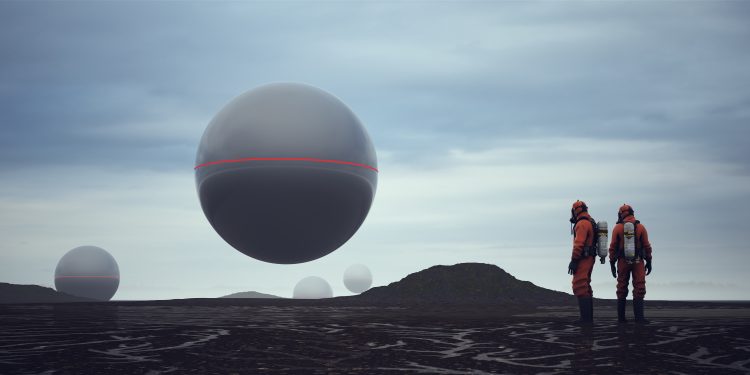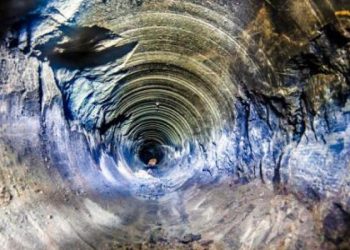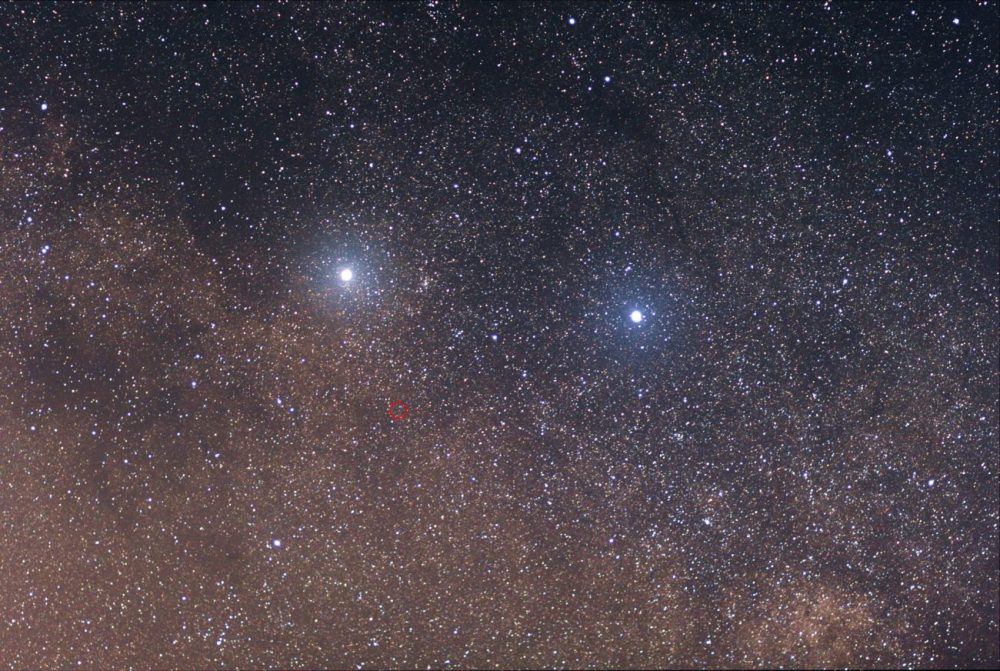Much has been said about artificial intelligence in the last few years. Many experts in the field, as well as renowned scientists, have come forward bearing words of caution when it comes to the development of artificial intelligence (A.I.) systems.
In the last couple of years, A.I. systems have developed at an incredible pace. Only recently, we published articles about LaMDA, Google’s state-of-the-art, and how one of Google’s engineers claimed that the system had become sentient, aware of its surroundings, and “alive.”
In fact, LaMDA has supposedly hired legal counseling in order to help it prove its case and show the world that it is indeed a sentient being. What will come of this remains to be seen. But it tells us plenty about Artificial Intelligence and its development.
The creation of even more intelligent A.I. could potentially help the human race reach out into the cosmos.
Alien Intelligence and A.I.
Professor Avio Loeb has plenty to say regarding the potential existence of extraterrestrial beings — advanced extraterrestrial beings. It was he who claimed a few years back that it was very likely that we had already been visited by beings, not from Earth — or at least their technology — when scientists spotted a curious interstellar visitor that was later dubbed ‘Oumuamua.
This object swung across our solar system, and we only spotted it when it was already leaving it. However, despite not having enough time to send a spacecraft to study it, we were able to do so with the help of ground-based telescopes partially.
Among the many peculiarities revealed by Professor Loeb, one that stood out was that the object changed direction and accelerated as it was heading away from the Sun.
This was strange since the object was not a comet and showed no signs of degassing. If, at the time the object was passing by, we had an A.I. system trained for that sole purpose, would the outcome and study of Oumuamua have been different? Would we have had more information on ‘Oumuamua?
Professor Loeb speaks about A.I. and extraterrestrial technology in his latest article on Medium.
If UFOs are controlled by some kind of alien A.I., our A.I. systems could express kinship in their interaction, with human scientists simply serving as bystanders.
Professor Loeb explains his idea this way:
If you’ve ever walked a dog or pushed a stroller down the street, you may have noticed how much attention your companion receives from other dogs and babies. Being an outsider to a club where you don’t belong must have made you feel like an outsider. While you may be the baby’s father, he may have a more intimate relationship with another baby than with you. Similar to that, an AI we built could have more intimate ties with an alien AI than we would as they share the same nature.
If some UAPs –UFOs– represent extraterrestrial A.I. systems, perhaps their appearance in recent government data was triggered because we were on the verge of developing intelligent A.I. systems.
LaMDA — the most intelligent A.I. to date?
Blake Lemoine, a Google engineer, recently opened up LaMDA, Google’s AI-powered chatbot builder, on his laptop and had a conversation that led him to see a “soul in the machine.”
This is in line with related claims that neural networks – structures that mimic human brains – may be moving toward consciousness. Google spokesman Brian Gabriel told in a statement that, due to the legal or ethical implications involved, “Our team – including ethics and technology experts — analyzed Blake’s claims against our A.I. principles and found the evidence to be insufficient.”
Apparently, LaMDA cannot be considered sentient. Some members of the broader A.I. community have been thinking about the possibility of a sentient or general artificial intelligence (AGI).
Looking for alien technology in the sky
Observing our sky for new objects is another way to see whether we’ve crossed a cosmic threshold. By utilizing state-of-the-art telescope systems, the Galileo Project aims to collect new data on UAPs.
At the moment, one of these systems is being installed on the roof of the Harvard Observatory. Using our artificial intelligence systems, we will analyze the sky’s 3D video and audio data. Natural phenomena and man-made phenomena may combine to form UAPs. We do not know how our A.I. systems or alien A.I. systems will interact, but the interaction may be akin to kinship, with our scientists simply bystanders.
We are at risk of never knowing whether we are dealing with biological or artificial intelligence if our interaction with UAPs remains remote. The “Turing test” might be reversed if our A.I. systems can identify their “alien relatives.” While the human mind is indeed a remarkable achievement, the history of the species demonstrates that it is still a work in progress.
Join the discussion and participate in awesome giveaways in our mobile Telegram group. Join Curiosmos on Telegram Today. t.me/Curiosmos











